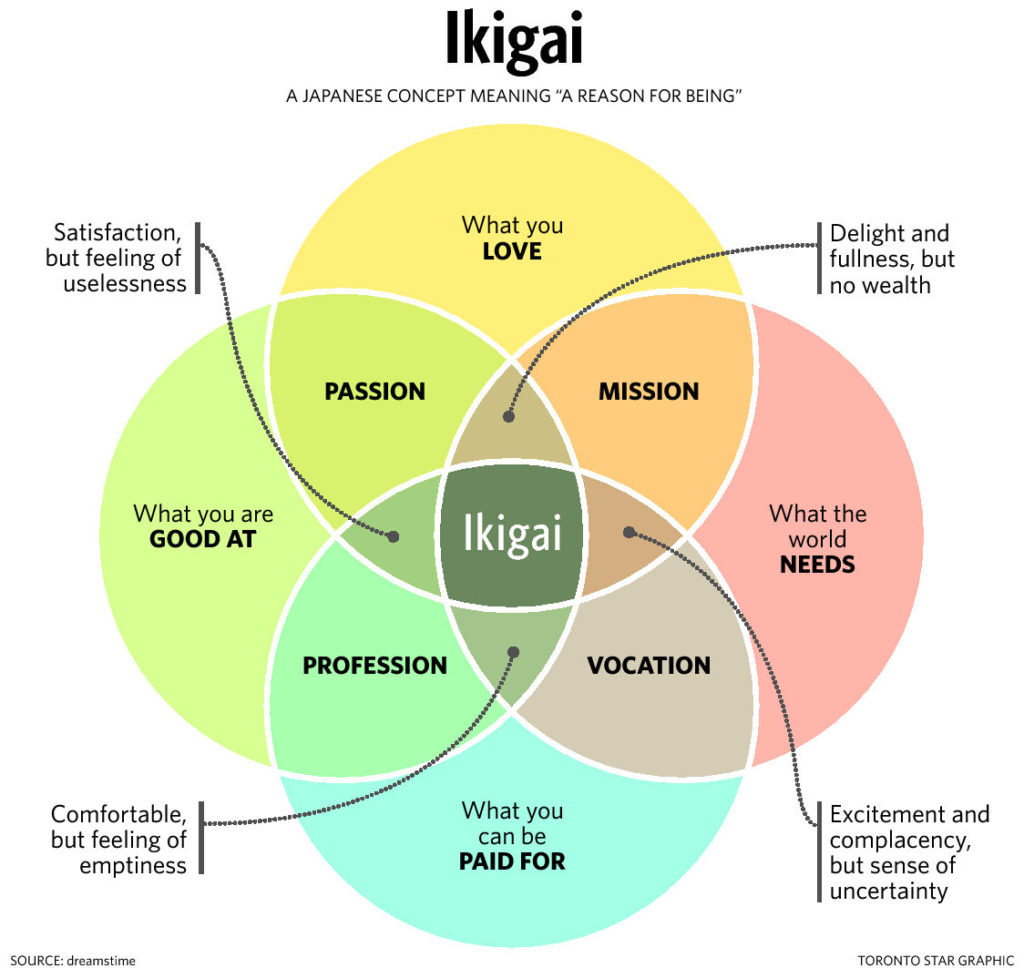
Personal branding is THE thing in the digital and social age.
You need to spend time building your personal brand regardless of whether you are striking out as an entrepreneur, working in an organisation, or hoping to grow your business.
But how can you start building your personal brand and what steps should you take?
Thanks to a recent episode of the Social Media Marketing podcast hosted by Michael Stelzner, I learned a thing or two about personal branding from renowned author Rory Vaden of the Brand Builders Group.
I also reflected upon what I learned as an entrepreneur who built my personal brand through largely online means.
In this article, I will answer the most important questions on starting your personal branding journey including:
- What your personal brand is
- Why personal branding is so important
- Defining what your personal brand mission and vision is
- Identifying the right media channels for your brand
- How to target the problem that you solve
- How to match your brand with your passion and knowledge
- Narrating your personal experience and results
- How to monetize your personal brand and make it a sustainable livelihood
What is Your Personal Brand?
Your personal brand can be defined as the set of unique attributes, talents, and qualities which help to make you who you are. It encompasses your professional and personal expertise, reputation, trustworthiness, and positioning as an individual that is distinct from the groups or organisations which you belong to.
While you may have a certain view of your own personal brand identity, you need to also consider how the world sees you (ie your personal brand image).
Like any corporate or product brand, a strong personal brand helps you to build your personal brand equity. This is a measure of the positive influence which you have on others, and your ability to get them to invest their money in you or your products and services.
Why is Personal Branding Important?
This is probably in your mind right now. You’ve been a fairly private person all your life, and you don’t really like to spend all your time taking selfies on Facebook, doing Instagram Stories of what you ate, or writing about the places where you traveled to.
While personal branding isn’t about streaming your life on social media, creating a brand persona online does require you to come out from shadows. And it is all worth it, considering that personal branding can bring you the following benefits:
- Personal branding makes you stand out from your peers and competitors, making you more attractive to potential customers, employers, investors and other stakeholders
- Personal branding is a critical part of your online reputation. It can help to position you favourably when crises occur.
- Personal branding can help to raise your market status, allowing you to charge a decent rate for your services
- Personal branding reduces the perceived risks which potential employers, customers, and business partners may have of you
- Personal branding can help you to increase your social influence, making it easier for you to promote your products and services
- Personal branding can also benefit your organisation—especially if your profession requires you to market, sell or promote something to somebody
How to Craft Your Personal Brand Narrative?
To begin your personal branding journey, you need to think about what your message is. The more fancy term for it would be your personal brand narrative (or brand story), and this can be defined as follows:
Personal Brand Narrative: The backstory behind your personal brand as well as the values and beliefs which drives your life’s mission, vision and goals. Also known as your brand message, it defines who you are, what you are all about, and who you serve.
In crafting your brand story, it is useful to consider the following:
- What were the pivotal experiences in your life? How have they shaped who you are today?
- Who are the mentors that you’ve learned from? What are the lessons learned?
- What were the challenges and conflicts that you overcame?
- How do you seek to make a difference in the lives of others?
You can read more about storytelling in this article.
How to Choose Your Media Channels?
With such a wide variety of social media and online platforms to choose from, the sky is literally the limit when it comes to building your personal brand online.
The 3 questions you need to ask are these:
- Which content types are you most comfortable with creating?
- How much time and energy do you have in creating content? Do you have a content schedule?
- Who are your target audiences and where do they hang out?
Learn more about the characteristics of different content types here.
What is the Problem that Only You Can Solve?
Describe in one or two-words the problem that you solve.
For me, the problem that I solve is this: digital drift
Or more precisely, I help companies, brands and individuals to sharpen their brands, grow their organic traffic, and generate more leads online. (You can read more about what we do here.)
In thinking about the problem that you solve, it is useful to consider…
- How competitive your potential market is
- What your Unique Selling Proposition (USP) would be
- How you can make yourself distinct and differentiated
- What levers you can pull to make yourself more attractive than your competitors
Remember that it is a battle for attention and affection in the online world.
What are You Passionate About?
Before you go ahead to launch your personal branding initiative, consider if it is something which you’d love to do for the long haul.
While it is perfectly fine to pivot midway, the best personal brands are those who stick to their knitting. They are the people who stay on the long and narrow path.
Here, it may be useful to consider the principles of Ikigai, and find a personal brand that satisfies your passion, mission, vocation and profession:
- What You Love: This the thing that you delight in doing each and every day.
- What The World Needs: This would be the mission that you can fulfill.
- What You Can Be Paid For: This would be what your potential clients/ customers would pay money for.
- What You Are Good At: This would be where your Strengths comes in (See SWOT above.)

Courtesy of Toronto Star
What Results Have You Personally Experienced?
The best personal brands are wrought from the furnaces of personal encounters, trials and tribulations.
Just sharing an idea or a thought out of thin air isn’t credible—you need to back it up with evidence, preferably your own.
But what if you are “fresh off-the-corporate-boat”, so to speak? Your new business may not have the track record that clients look for!
Here are some strategies you can adopt:
- Relate Past to Present: Look for ways to associate what you’ve achieved in your corporate life with your current endeavours. For instance, I used my management experience as a Director of Corp Comms to assure clients that I know how to manage digital marketing project teams.
- Demonstrate Performance: Showcase how you’re able to produce results for your clients based on your prior track records.
- Personal Turnaround Tale: Use your own experience as a way to convince potential clients that you know what you’re talking about since you’ve experienced it yourself.
How Do You Make Money From Your Personal Brand?
This is the million-dollar or hundred-thousand-dollar question. One which has bamboozled many a potential entrepreneur and chased them back into the clutches of the corporate world.
To monetize your personal brand, you need to first think about how crowded your niche is. Are there already many players in the scene? How strong are these incumbents? Can you give them a run for their money?
Next, consider how much your target market is willing to pay for your proposed products or services. Do some research on what similar competitive offerings charge, and whether you’re able to match that price or provide greater value.
Do also think about not just your operating costs and manpower expenses, but the time and effort you need to run your personal branding endeavour profitably.
Here, I’d like to use Rory Vaden’s acronym D.A.R.E.S. as a way to guide any personal brand related business:
- Digital: Tap on digital platforms like a search-optimized website, social media channels, messaging platforms, and emails to attract qualified traffic. Your costs will be a lot lower than relying on traditional methods of marketing.
- Automated: Find ways to build systems and processes that help to reduce the tedium of busywork.
- Recurring: Are there ways to ensure that you can generate a continual stream of leads, retainer businesses, and repeat patronage.
- Evergreen: Tap on industries and topics that have a long-term rather than short-term need.
- Scalable: Seek to build a business that doesn’t depend too much on your personal effort, or where you can leverage on the economies-of-scale.
Use the DARES test as a way to check if your dream business is the right one to be in.
(You may wish to read about my own experience and methods in making money online here.)
Conclusion
Personal branding isn’t like a 9-to-5 job. You need to invest sufficient time and effort to build your brand, relying on techniques like content marketing and social media marketing to grow your personal reputation and increase your social influence.
What I’ve outlined above are just some basic pointers to guide you along your journey. The hard work and heavy lifting is really up to you.
While the initial stages may be rough, the potential rewards can be immeasurable.
Are you ready to build your own personal brand? Talk to me. Let me know how you intend to do it.

One Comment
Comments are closed.